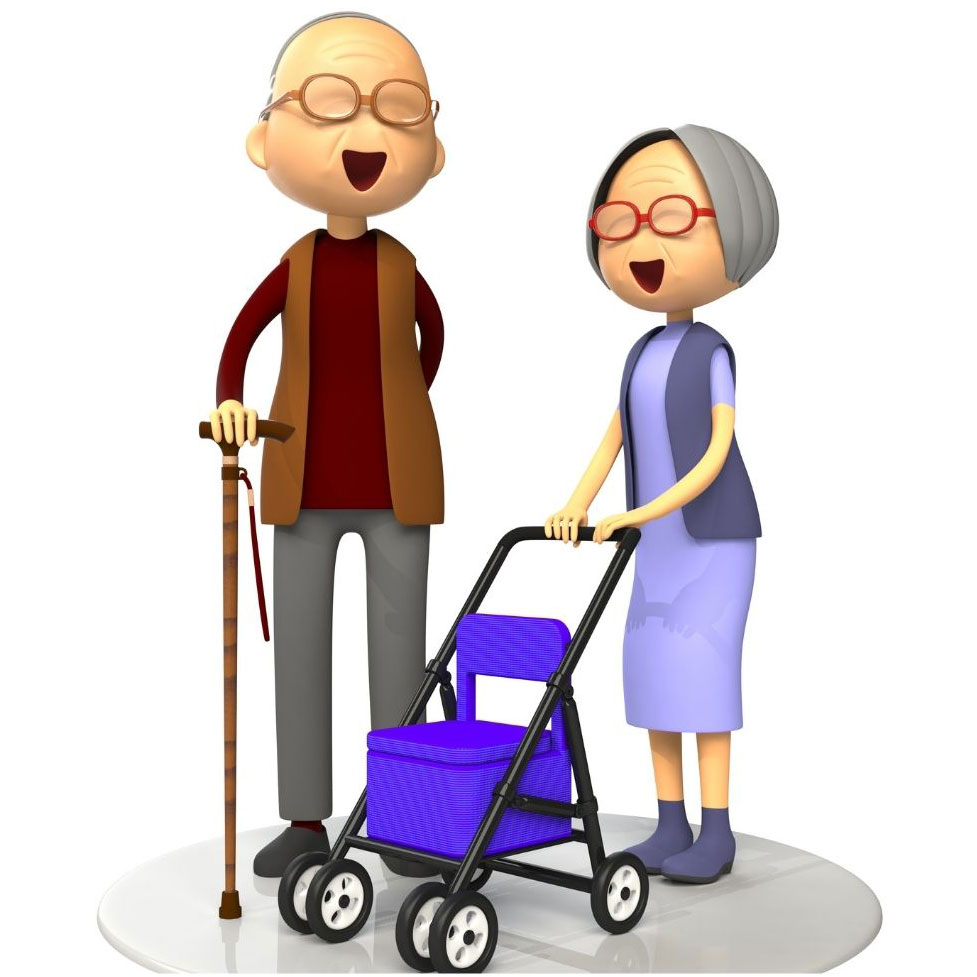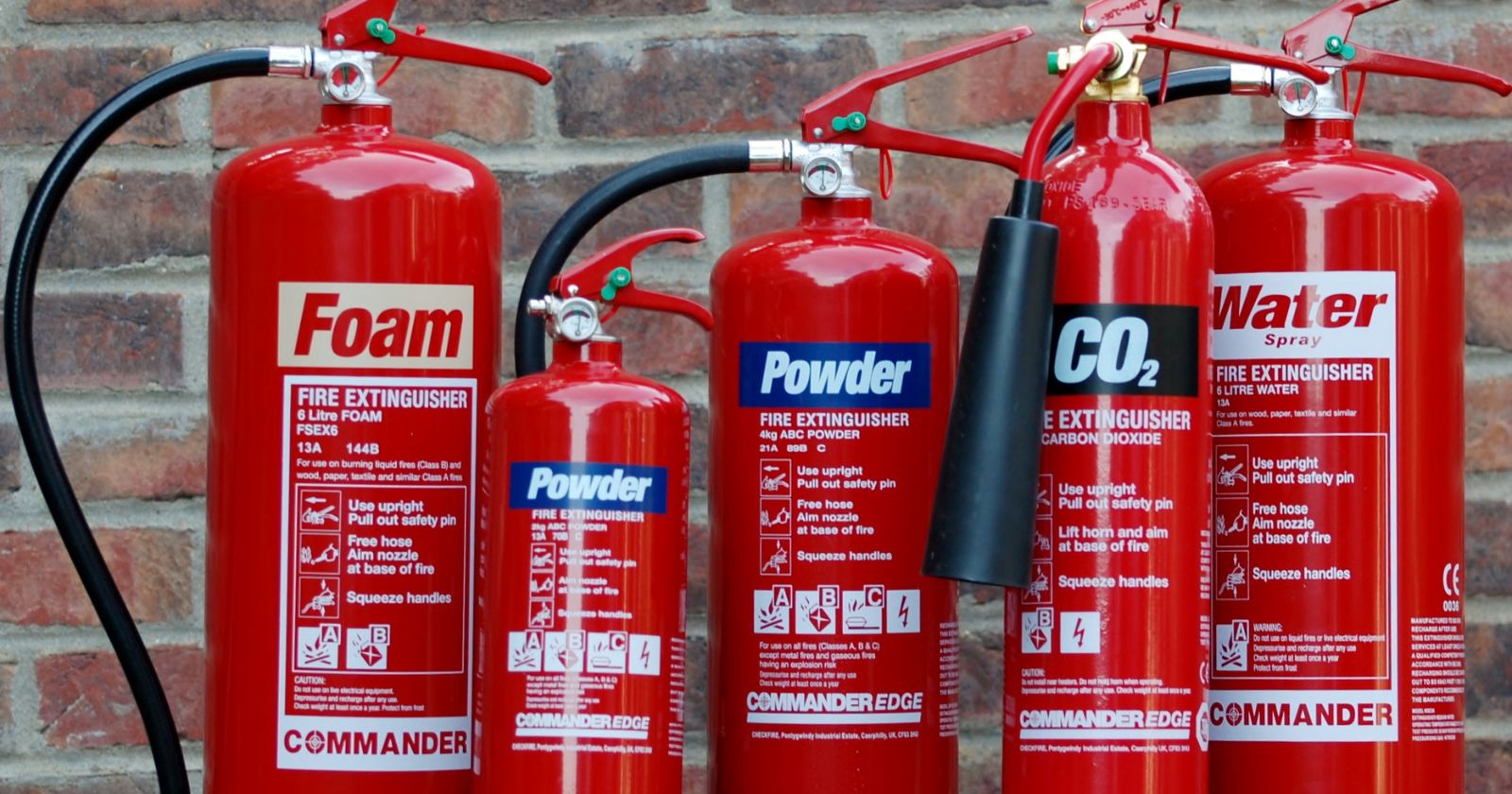14 Safe Travel Tips For The Elderly. Hello, it’s Ed here. As a senior myself and someone who has dedicated his life to helping the elderly, I understand the importance of safe and enjoyable travel experiences. Today, I’m going to share my insights on how to make travel safer and more comfortable for the elderly. This article will delve into 14 travel tips that can significantly enhance the travel experience for seniors. But why should you trust my advice? Well, I’ve spent years coaching individuals and businesses to higher levels of development, and now I’m using that knowledge to help seniors maintain their independence and enjoy life to the fullest. So, let’s dive in and explore how these tips can make your next travel adventure safer and more enjoyable.
14 Safe Travel Tips For The Elderly: See How Easily You Can Travel With Out Lossing Your Safety
One Way To Think About This Is
Thieves and pickpockets may consider older people as easy targets. Suggestions include:
- Don’t travel around at night.
- Don’t wear expensive jewelry on obvious display.
- Wear valuables (such as traveler’s cheques and credit cards) on a belt worn under the clothes and next to the skin.
- Consider carrying a ‘dummy’ wallet holding a small amount of cash. If you are directly confronted by a mugger, you can hand over the dummy wallet and avoid further distress.
- Always carry with you, the contact details of your embassy. If your city doesn’t have your embassy, find out which other country’s embassy is available to help you, such as the British embassy.

Another Set Of Ideas That Can Help When You Travel
1. Get Clear With Your Limitations
You can have an enriching and enjoyable experience traveling. In order to make this happen, it’s important you understand your individual needs. For travel at any age, an honest relationship with your travel provider is important. Sharing with them your hopes and limitations will help them to tailor your holiday to your needs. For those fascinated by the industrial revolution.
2. Learn To Pace Yourself
Your enthusiasm for travel may not have dampened, but, of course, some accommodations must be made! Wherever possible, you are welcome to opt-out of an activity, or perhaps spend a day at leisure close to the hotel. We recommend you familiarize yourself with the full itinerary of your travel. This way you can anticipate the energy stores you will need to get yourself through. Rest up in your evenings and take care of yourself (and each other) each day of the travel. This begins from the moment you leave home for the airport.
3. Be Open With Your Airlines
Be open with the airline about your needs. Detail your mobility and mention any aides you will need to pack with you. On the flight itself, it’s best to avoid alcohol and sleeping pills. Instead, commit to moving as much as you can. Drink plenty of water and undertake regular leg exercises.
An aisle seat is a great option because it enables you to walk up and down the aisles and stretch your legs. If you are at risk of deep vein thrombosis or DVT, consider wearing compression socks. Your Doctor can help you to arrange this.
4. Assess Your Health
Before setting off on your next adventure, it’s important to check you are in good health. We want your travel experience to run as smoothly as possible. It can be helpful to understand and anticipate potential health issues and know how to manage them, so they have minimal impact on your participation in your travel. Remember, age doesn’t have to be a barrier if you are fit and healthy! Know your abilities, as well as your limitations. And take them seriously.
5. Check With Your Doctors
Make an appointment with your doctor while planning your trip. Tell them your intentions and ask for their honest opinions on your capacity to get the most out of your travel. Ask them for recommendations on how to safely improve your fitness. It’s also a good idea to pay another visit just prior to your departure. They can check you are in good health and have all the medications and first aid you need to pack with you. Don’t forget to enquire about vaccinations, too. Make sure you are up to date with your dental appointments. The last thing you want is a toothache to impact your time away.
6. Have You Considered Your Diet?
An enjoyable part of small group travel is the anticipation and preparation. Now is the time to try to achieve the best level of readiness you can. Be mindful of how you are treating yourself in the lead-up. Eat well. You might also like to familiarize yourself with the cuisine of your chosen destination! This is a fun way to prepare.
7. Take A Serious Look At Your Fitness
A reasonable level of fitness will mean that you can participate more and feel less tired. Under the advice of your health professional, work on how you can improve your fitness. This may be as simple as taking walks instead of driving, or getting out and playing with the dog. Ask your friends about their fitness routines. Your upcoming trip might be the perfect motivation to form a neighborhood walking group or join a class at the local gym or community center.
8. Assess Your Fitness Level
Your job, in concert with your health and fitness providers, is to assess your fitness level so you can be sure the travel is well suited to you. You can even opt out of activities wherever possible, for your own enjoyment and a feeling of being part of the group, it’s best to be on the safe side. Better to underestimate your fitness than overestimate it. Just try to become the healthiest version of yourself that you can.
9. Take The Right Mobility Aides With You.
Another thing to bear in mind is the use of walkers and other physical aids. You are, of course, welcome to bring these along. You will also need to inform the airline and speak with them about accessibility. Some travel cover uneven terrain.
10. Go With A Group
One of the very best parts of travel is the people you meet and the friendships you form. Hopefully, you will be traveling with like-minded individuals and couples aged in their 50s and over. Of course, group travel also means that each member impacts the others. In a way, you are working as a team. It’s important to be honest about your abilities because you don’t want to hold others back. Although you are welcome to sit out particular activities, travel members want to share experiences as a group.
11. A Companion May Be Ideal
It can be helpful to travel with a companion, especially if you have mobility issues. It can assist you to feel supported, and we’re sure your companion will enjoy themselves too! Having a companion might mean that you can participate that little bit more. So, consider whether you have a partner or friend who is interested in small groups, and educational travel, too.
12. Check Out Travel Insurance
Travel insurance for seniors is a must for any overseas holiday. Many insurance companies have experience with travelers aged over 80. Speak to your travel provider or a trusted agent about your options. This is for the sake of your own peace of mind. A key product many mature and senior travelers are purchasing is cancellation insurance for up to a year out from departure. Some travel insurers for seniors offer cancellation insurance as part of their standard package.
13. Do Some Research
Where are the places you have been dreaming of visiting for as long as you can remember? Or the far-flung destinations that hold memories for you? Perhaps you are looking to revisit sentimental cities. Or you might want to learn more about a culture that interests you. Once you have identified the places you wish to visit, start researching! Head to the library, and search the internet. Track down people you know who have visited. Check out the reading lists we recommend for each area of travel. And then, with some knowledge, think about how you can make your dream a reality.
14. Record Your Memories
This is so important! Come home and share your stories with your friends and family. Inspire others around you to be as adventurous and inquisitive as you are, and to know that octogenarians are valuable contributors to our world.
Conclusion
In conclusion, safe and enjoyable travel for the elderly is not only possible but can be a rewarding and enriching experience. The 14 tips I’ve shared today are designed to help seniors navigate the challenges of travel and make the most of their adventures. Remember, our loved ones’ safety and independence are paramount, and these tips could be a significant step towards achieving that. However, always review your travel plans with your doctor or other health care professional. Their personal knowledge of your unique health situation is valuable. As for me, I’ll continue to explore and share insights that can make a difference in the lives of seniors. After all, independence and enjoyment of life are only a travel tip away.






